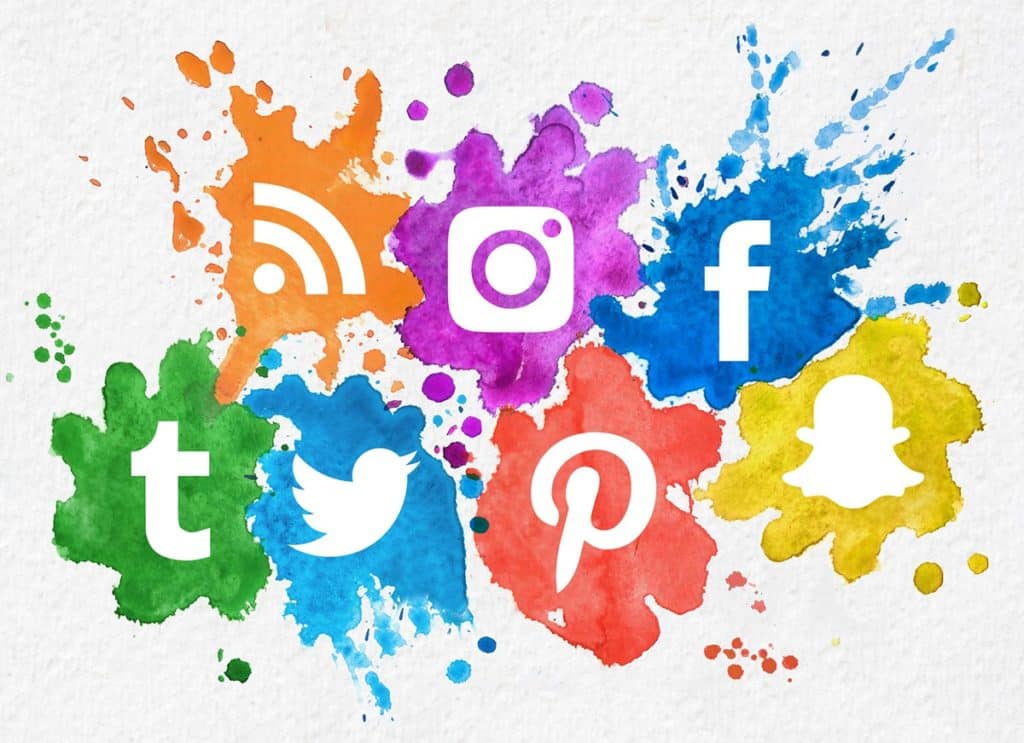In today’s digital age, businesses are tapping into the vast potential of social media platforms to establish brand presence, connect with customers, and promote their products or services. This is especially critical for startups that aim to carve out a niche for themselves in a competitive market.
With over 4 billion people worldwide active on social media, this landscape offers startups a valuable opportunity to interact directly with a global audience. This guide will delve into why social media should be a focal point for startups and provide actionable strategies to optimize social media engagement and reach.
Why Focus on Social Media?
The penetration of social media into our daily lives is immense. According to Statista, internet users worldwide spend an average of 145 minutes per day on social media as of 2021. For startups, this means access to a potential customer base that is both vast and engaged. By focusing on social media, startups can
- build brand awareness,
- interact directly with their audience,
- showcase their products and services, and
- drive website traffic, all of which can lead to increased sales.

Build a Robust Social Media Strategy
An effective social media strategy forms the cornerstone of successful online marketing. Startups should first define their marketing goals. Are they looking to increase brand awareness, generate leads, or boost website traffic? Next, selecting the right platforms is essential.
Each platform attracts a different demographic, so knowing where your target audience spends their time is critical. Finally, planning content that aligns with your brand and appeals to your audience is key. Brands like Airbnb have effectively used Instagram to showcase their offerings through visually appealing photos and engaging stories.
Engage with Your Audience
Social media is not just a broadcasting tool but a platform for dialogue. Startups can use it to create a two-way conversation with their audience by responding to comments, posing questions, hosting live Q&As, or creating polls. A perfect example of this is Wendy’s Twitter account. Their humorous and often cheeky responses to followers have garnered a lot of attention, increasing their brand visibility.
Utilize Influencer Marketing
In the realm of social media marketing, influencers have emerged as powerful allies for brands, especially for startups. Influencer marketing is a strategy that involves partnering with popular social media users, or influencers, who have a large and engaged following. The influencer promotes the startup’s products or services to their audience, leveraging their trust and influence to increase the brand’s reach and credibility.
Influencer marketing can be highly beneficial for startups for several reasons:
- Credibility and Trust: Influencers have often spent years building a relationship with their followers. They are viewed as experts in their niches, and their opinions are trusted. When an influencer genuinely endorses a product or service, it’s perceived as a reliable recommendation by their audience.
- Expanded Reach: By partnering with an influencer, startups can instantly reach thousands, if not millions, of potential customers. This visibility can significantly enhance brand awareness and lead to increased traffic and sales.
- Targeted Exposure: Influencers typically have a specific demographic of followers, aligned with their niche. By choosing influencers whose followers match your target audience, startups can ensure their products or services are being showcased to the right people.
- Cost-Effective: Compared to traditional advertising channels, influencer marketing can be more cost-effective. Many influencers are open to collaborations in the form of free products or services, especially when partnering with startups. Even when monetary compensation is involved, the return on investment can be substantial.
A successful example of influencer marketing is Daniel Wellington, a watch brand. The company sent free watches to influencers asking for a post in return. The influencers’ posts, coupled with a discount code for their followers, led to a rapid increase in brand awareness and sales. By 2015, just four years after its launch, Daniel Wellington sold a million watches and made $220 million in revenue.
Leverage User-Generated Content
User-generated content (UGC) is an effective way to promote authenticity. Encouraging customers to share photos, videos, or reviews of your product or service can not only provide you with free promotional content but also boost your brand’s credibility. A notable example is the clothing brand Gymshark, which encourages its customers to share their fitness journey wearing Gymshark apparel, creating a community of engaged customers.
Use Social Media for Customer Service
With the rise of social media, customers increasingly prefer to use these platforms to voice their concerns, ask questions, or give feedback. Addressing these promptly on a public platform shows your commitment to customer satisfaction and can significantly enhance your reputation. For instance, brands like Zappos and JetBlue are known for their prompt and effective customer service on social media.

Monitor Your Competitors
Keeping a close eye on your competitors’ social media activities can provide valuable insights into what works and what doesn’t within your industry. It can help identify gaps in your competitors’ strategies that you could potentially fill and enable you to stay updated with industry trends.
Utilize Social Media Analytics
Social media analytics is the process of gathering and analyzing data from social networks to make informed marketing decisions. It involves tracking key metrics and indicators, such as likes, shares, comments, follower growth, click-through rates, and more. For startups, social media analytics can provide invaluable insights that can guide and optimize their social media strategy.
Here are ways startups can leverage social media analytics:
- Understanding Audience: Social media analytics can provide detailed demographic information about your followers, including their age, gender, location, and language. This data can help you understand who your audience is, what they’re interested in, and when they’re most active on social media, enabling you to tailor your content accordingly.
- Tracking Engagement: Analytics can show which posts are getting the most likes, comments, and shares. This can help identify the types of content that resonate best with your audience and should be replicated.
- Optimizing Posting Time: Analytics can also indicate when your followers are most active on social media. Posting during these peak times can result in higher visibility and engagement.
- Measuring Performance: Startups can use analytics to measure the success of their social media efforts and compare performance over time. This can help gauge the effectiveness of different strategies and campaigns, providing a basis for improvement.
- Competitor Analysis: Social media analytics tools can also be used to monitor the social media activity of competitors. This can offer valuable insights and help you understand industry benchmarks and trends.
A well-known example of a company leveraging social media analytics is Netflix. The streaming service has been known to use social media data to inform its programming decisions. For instance, it used social listening to gauge the popularity of “House of Cards” before deciding to invest in the series, which proved to be a massive hit.
Experiment with Paid Advertising
While organic content is important, paid social media advertising can help startups reach a broader audience more quickly. Most platforms offer comprehensive targeting options, allowing you to reach your specific audience based on factors like age, location, interests, and behaviors. With a carefully crafted advertising strategy, startups can significantly increase their brand visibility and conversion rates.
Startup Social Media: Conclusion
In the digital era, social media has emerged as a critical tool for startups. By focusing on building a robust strategy, engaging with audiences, leveraging influencer marketing and user-generated content, using platforms for customer service, keeping an eye on competitors, utilizing analytics, and experimenting with paid advertising, startups can maximize their social media presence.
These strategies can contribute significantly to brand visibility, customer engagement, and ultimately, business growth. Social media, if utilized effectively, can be a catalyst in a startup’s journey to success.
